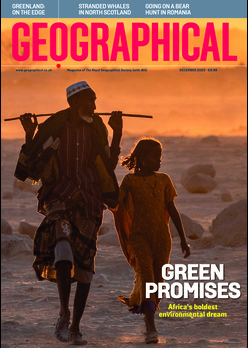
Soot from space tourism is 500 times more damaging for the climate than soot from all other sources
Space tourism could undo decades of work to repair the ozone layer and have a greater effect on the climate than the aviation industry, according to a new study by scientists at UCL, MIT and the University of Cambridge.
It’s been a year since Richard Branson and Jeff Bezos kickstarted the billionaire space race, after launching their private suborbital rockets last July, and thousands of seat reservations have already been made for the first commercial flights into space. Companies specialising in space tourism have routinely played down the impact that the industry will have on the environment, often likening rocket emissions to those of the aircraft industry, but this is an ‘erroneous’ comparison, says co-author Eloise Marais.
One of the key impacts investigated was emissions of black carbon, commonly known as soot, from rocket fuel combustion. Soot is a major contributor to climate change, absorbing solar radiation which heats the atmosphere and accelerates snow and ice melt. The results of the study show that soot particles from rockets are 500 times more efficient at retaining heat than all other surface and aviation soot sources. ‘Soot particles from rocket launches have a much larger climate effect than aircraft and other Earth-bound sources, so there doesn’t need to be as many rocket launches as international flights to have a similar impact,’ says Marais.
The study also highlights the need for further research on the impact of commercial space launches on ozone levels. Pollutants from chlorine-based solid-fuel rockets, and re-entry heating of returning spacecraft (which releases nitrogen oxides) and debris are particularly harmful to stratospheric ozone. So far, there has been little impact on the ozone layer, but predicted growth trends for space tourism indicate that the combination of these emissions could significantly offset the reversal in ozone depletion achieved since the introduction of the Montreal Protocol in 1987. ‘ What we really need now is a discussion amongst experts on the best strategy for regulating this rapidly growing industry,’ says Marais.




